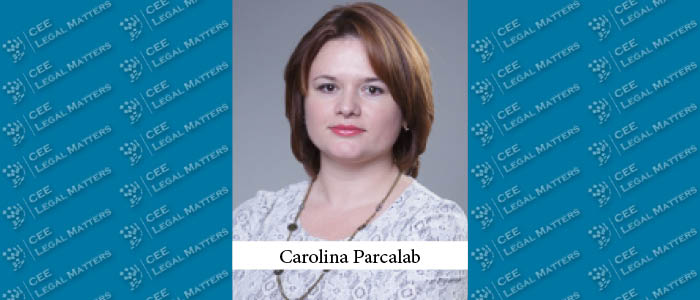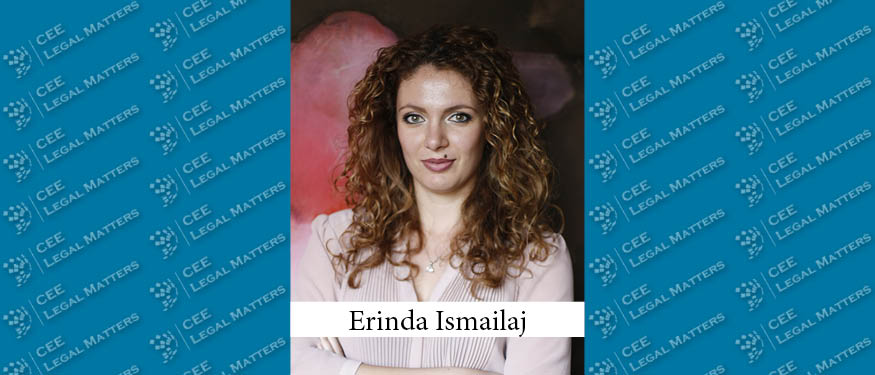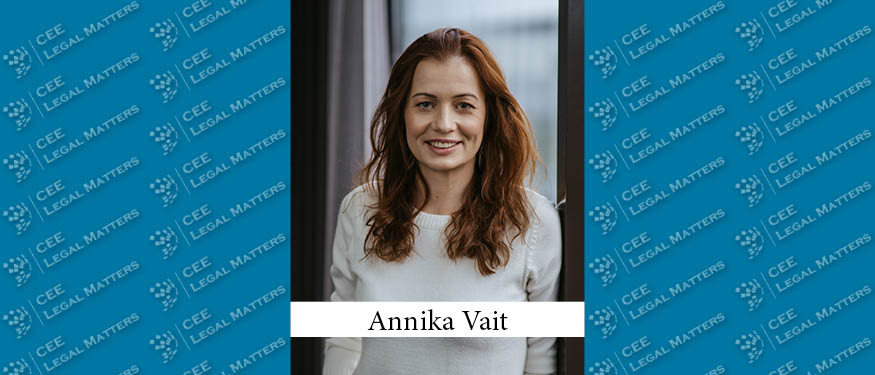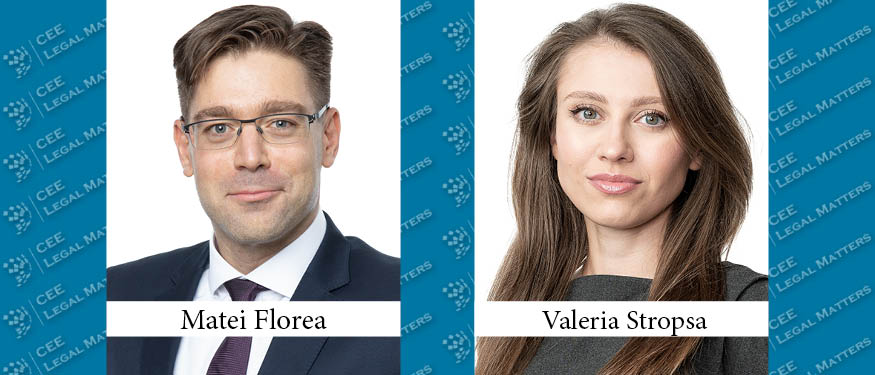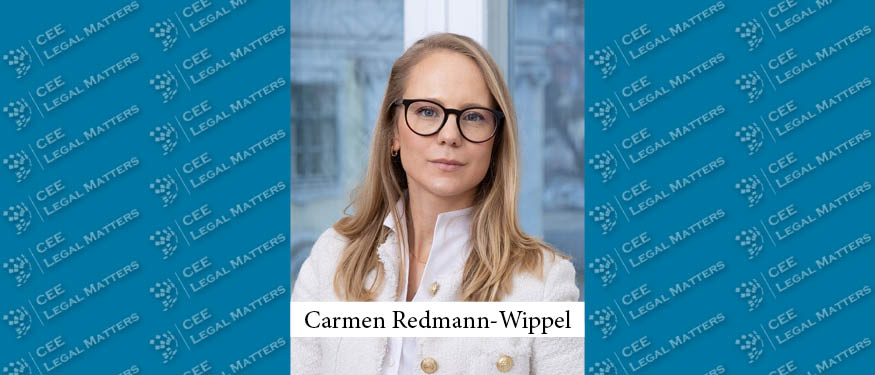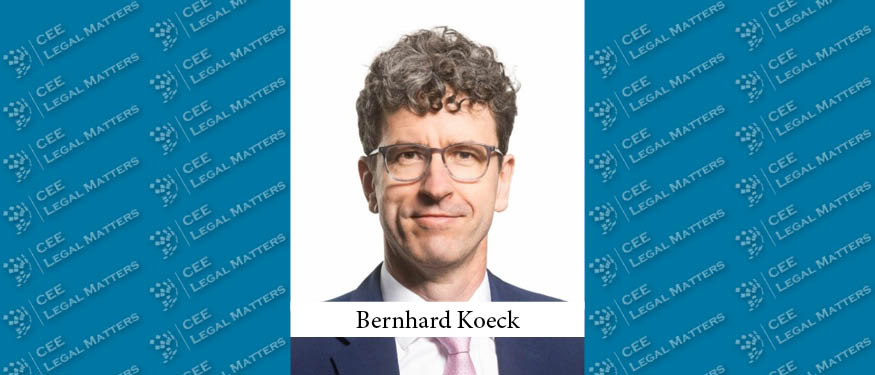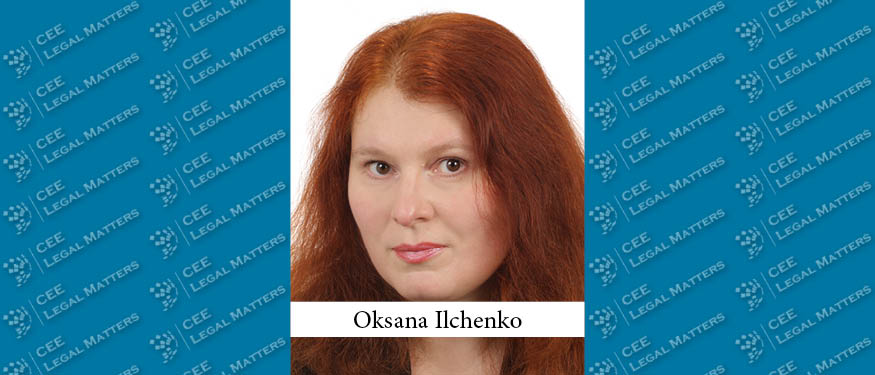ACI Partners' Competition practice is busier than ever in Moldova, according to Legal Manager Carolina Parcalab, who points to transactions, Competition Council investigations, and competition law educational initiatives as their primary work sources.
CEELM: What has kept your Competition practice busy in the past year?
Parcalab: Our workload fluctuates with the Competition Council's activity. Recent investigations and their conclusions have impacted our work. Currently, we're handling one case before the Council and two before the courts. We can further categorize our work into three main areas.
First, transactional work is the area that occupies the most significant portion of our time. Moldovan businesses are demonstrating an increasing interest in adhering to competition law, which is a relatively new concept in Moldova compared to other countries. This translates to a significant volume of work on transactions to ensure that business practices align with the legal standards that are in place. We are involved in mergers and acquisitions transactions, with a substantial portion of our work dedicated to competition clearance. We notify the Competition Council when legal thresholds are met, and they then conduct analyses to prevent any potential distortion of competition. Additionally, advising on transactional matters and reviewing business practices for compliance are integral parts of our services. A few notable clients in this area include Metro, Coca-Cola, Efes, and Victoria Bank.
Second, we focus on contentious relations with the Competition Council. Our firm has been actively managing investigations since the Competition Council began imposing sanctions in 2006 – work that has bolstered our reputation. To avoid litigation and sanctions, we have developed robust competence in representing parties in investigations, particularly in the pretrial stages. Active involvement in these cases includes providing observations and explanations to the Competition Council, to address any unwarranted concerns that they may have, and offering trial advisory and support if a decision is ultimately issued by the Competition Council.
Finally, we undertake educational initiatives in the area of competition law. A significant challenge exists in Moldova due to the absence of courses in competition law and a lack of experts for both businesses and authorities. This signifies a knowledge gap, especially concerning European case law. Our efforts to fill this void include training business associations and providing training services to our clients on competition and compliance. Clients for whom we have provided these trainings include the American Chamber of Commerce in Moldova and the European Business Association. These efforts highlight our commitment to developing competition law in Moldova, through practice, regulatory engagement, and various trainings and events.
CEELM: What would you say drives your work pipeline?
Parcalab: Recent amendments to competition law in 2023 significantly increased our workload. One such change is the rise in fines for anti-competitive practices, from 5% to 10% of turnover, aligning Moldova with other countries. These stricter penalties are intended as deterrents. However, a concerning gap exists – the severe liabilities imposed on businesses contrast with the Competition Council's limited human and material resources, potentially affecting investigation quality. A well-resourced Council is crucial for accurate law application, raising concerns about the heightened penalties and the Competition Council's resource needs.
CEELM: And how are things set to evolve in Moldova, on the Competition front?
Parcalab: Interest in competition law is expected to grow as the Moldovan government, with backing from European institutions, prioritizes strengthening the Competition Council's institutional capacity. The government's efforts focus on complying with EU directives and requirements, including enhancing the Council's capabilities – this is expected to lead to more market analyses by the Council, providing us with deeper insights into market concerns.
Subsequently, these insights can then be integrated into our clients' strategies, potentially increasing our workload. Additionally, we anticipate a surge in demand for competition law education and training, alongside an uptick in investigations as the Council becomes more active. Our involvement in these investigations is assured as dedicated lawyers ensuring the proper observance of defense rights.

